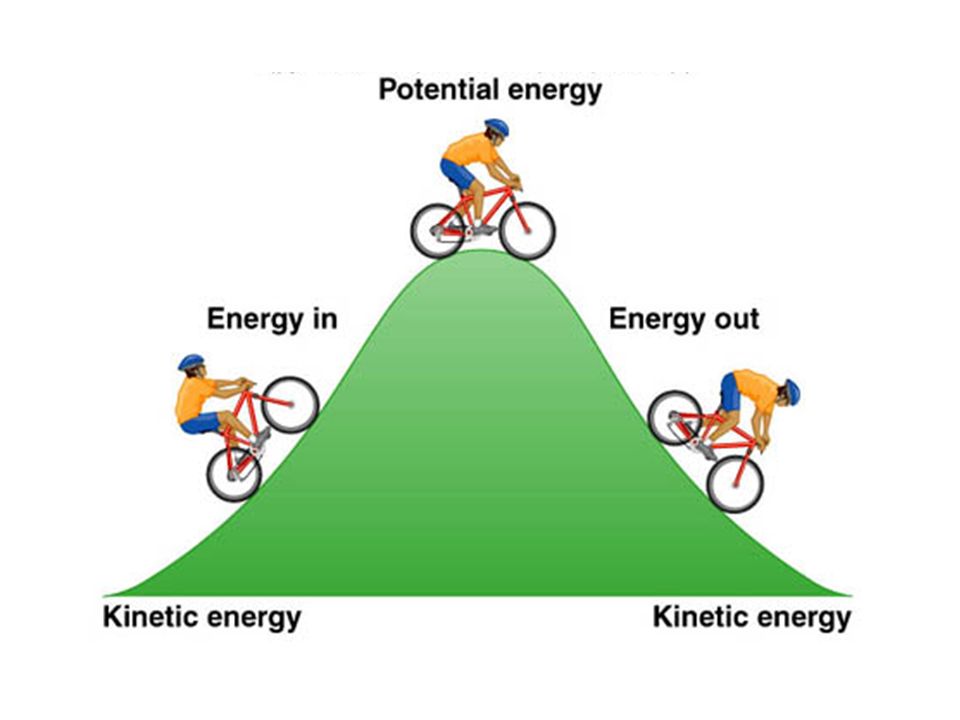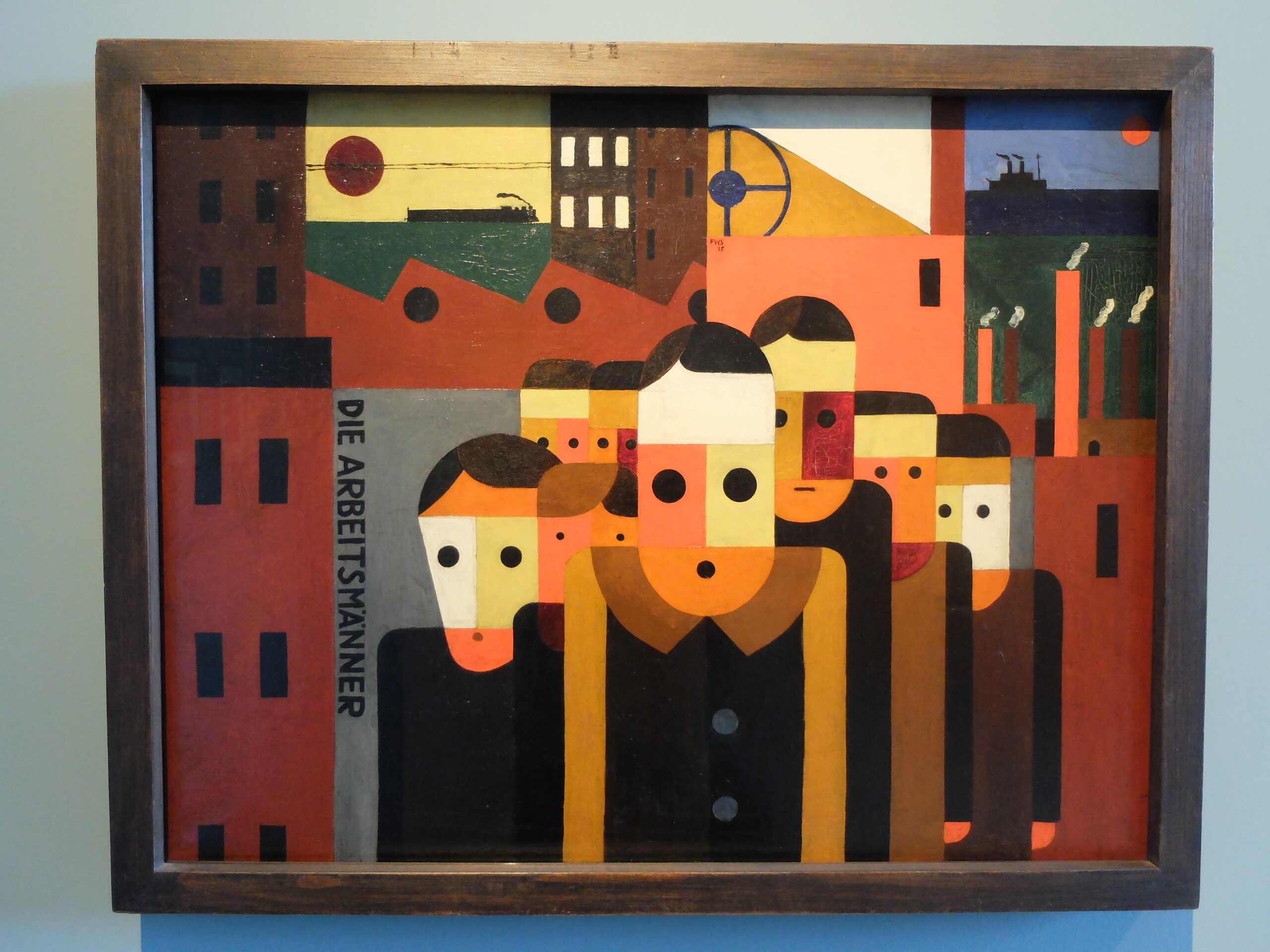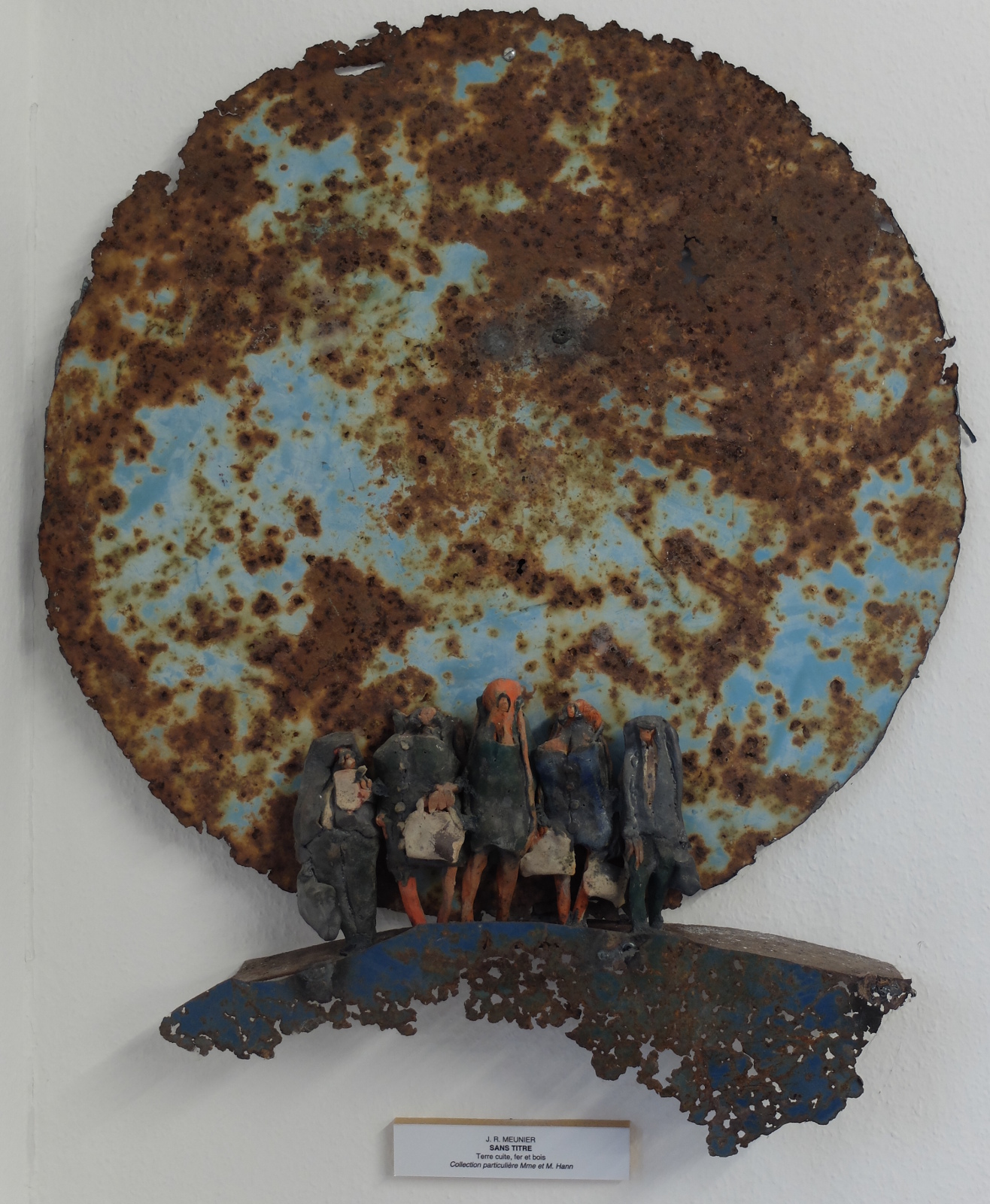Erfahrung 1

“Die Chefin eines dynamischen Unternehmens erklärte kürzlich, niemand in ihrem Betrieb dürfe sich seiner Stellung deshalb sicher sein, weil er auf vergangene Verdienste verweisen könne. Wie soll man auf diese These positiv reagieren? Dazu bedarf es einer besonderen Ausprägung der Persönlichkeit, die bereits gemachte Erfahrungen gering schätzt. Diese Persönlichkeitsausprägung ähnelt eher einem Konsumenten, der ständig nach Neuem sucht und dafür selbst noch völlig intakte alte Güter wegwirft, als einem Eigentümer, der eifersüchtig über seinen Besitz wacht. …
Ein kurzfristig orientiertes, auf mögliche Fähigkeiten konzentriertes Ich, das vergangene Erfahrungen bereitwillig aufgibt, ist – freundlich ausgedrückt – eine ungewöhnliche Sorte Mensch. Die meisten Menschen sind nicht von dieser Art. Sie … sind stolz darauf, bestimmte Dinge gut zu können, und legen Wert auf die Erfahrungen, die sie in ihrem Leben gemacht haben. Das von den neuen Institutionen erhobene Ideal verletzt vieler der in ihnen lebenden Menschen.”
“In den Unternehmen … [die sich so verhalten], hat die Konzentration auf junge Talente zur Folge, dass mit wachsender Erfahrung deren Wert abnimmt. Bei meinen Interviews stellte ich fest, dass diese Abwertung der Erfahrung bei Unternehmensberatern besonders stark ausgeprägt ist. Sie haben ein berufliches Interesse an dieser Denkweise. Da es ihnen um die Veränderung von Institutionen geht, müssen sie gegenüber eingesessenen Mitarbeitern misstrauisch sein, deren angesammeltes institutionelles Wissen sie als Hindernis für raschen Wandel ansehen. …
Avancierte Unternehmen und flexible Organisationen brauchen Menschen, die eher neue Fähigkeiten erwerben als auf ihre alten Qualifikationen bauen. …
Urteile über Fähigkeitspotentiale sind weitaus persönlicher als jede Leistungsbewertung. Leistung verbindet soziale und ökonomische Umstände, Zufälle und Chancen mit dem Ich. Das Fähigkeitspotential betrifft dagegen ausschließlich das Ich. Die Feststellung, ‘Ihnen fehlt das Potential’ ist weitaus verletzender als die Feststellung ‘Sie haben es vermasselt’, denn sie enthält eine sehr viel fundamentalere Feststellung über das, was Sie sind. Sie vermittelt das Gefühl der Nutzlosigkeit …
Schule und Arbeitswelt [unterscheiden] sich in einem entscheidenden Punkt voneinander: Denn obwohl eigentlich niemand etwas an seinen angeborenen Fähigkeiten ändern kann, ist es eine bekannte Tatsache, dass sich durch entsprechende Übung bei Wiederholungstests eine deutlich höhere Punktzahl erreichen lässt. In der Arbeitswelt erhält man hingegen nur selten solch eine zweite Chance. …”
“Die Vorstellung einer von den Erfahrungen unabhängigen Fähigkeit ist … eine Fiktion …” “Welche angeborenen Fähigkeiten ein Mensch auch besitzen mag, zu ihrer Entfaltung gelangt diese Begabung nur schrittweise durch Übung und Wiederholung. … Grundsätzlich sollte jede gut geführte Firma eigentlich den Wunsch haben, dass ihre Beschäftigten aus Fehlern lernen. … In der Praxis tun große Unternehmen dies jedoch nicht. … Wer bei … [der] Auslese der Gruppe der Talentlosen zugeordnet wird, die über keine Ressourcen verfügen, bleibt in der Vorhölle zurück. Diese Menschen können als nicht weiter nützlich oder wertvoll betrachtet werden, ganz gleich, welche Leistung sie früher erbracht haben mögen.”
aus. Richard Sennett: Die Kultur des neuen Kapitalismus, Berlin: Berliner Taschenbuchverlag 2007 (Am. Orig.-Ausg. 2005), S. 9, 10, 79, 92, 96, 99, 101, 102, 103, von mir etwas umgestellt.
Abb.: ?, im Internet.
01/08

